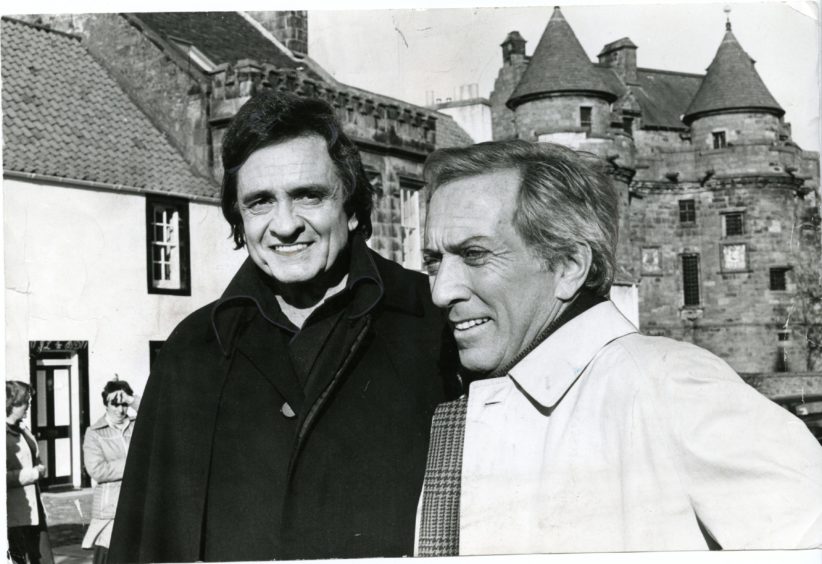
It was the day the Man in Black swapped San Quentin for St Monans after almost being killed by an ostrich.
Cash lined up in concert with fellow American superstar Andy Williams with bruised and cracked ribs to sing Christmas carols with local schoolchildren at St Monans Parish Church in Fife in October 1981.
The American CBS television network were recording a Johnny Cash Christmas Special in Falkland which was prompted by the discovery that the singer could trace his roots all the way back to King Malcolm IV of Scotland.
In the late 1970s, Cash had decided to research his ancestral history after a chance encounter on a plane with the former laird of Falkland, the late Major Michael Crichton-Stuart.
Cash traced his roots to Strathmiglo and nearby Falkland, where there are farms and streets named after the clan.
The clan Cash originated from Malcolm’s sister, Ada, and the street Cash Feus in Strathmiglo still carries the name Cash, as do Easter Cash, Wester Cash and Cash Mill farms between Falkland and Strathmiglo.
The American Cash connection came about in 1612 when mariner William Cash sailed from Scotland to Salem, Massachusetts, with a boatload of pilgrims.
He later decided to settle in America.
Cash was so interested in his ancestors that he wanted to film the TV special in Fife.
His son John Carter Cash, then aged 11, sang ‘Wee Cooper of Fife’, in another segment of the show which was described as a “Highland fling for the whole family”.
As 85 million fans of the Man in Black later tucked into turkey while watching his 1981 Christmas Special, few realised he had almost cashed in his chips at the hands of his feathered friend.
The remarkable incident is being remembered to mark 65 years since the Man in Black released his first single with Sun Records in June 1955.
The singer kept a collection of exotic animals at his House of Cash office in Hendersonville, Tennessee, and if it hadn’t been for a big stick, he would have died.
He went on to describe how the male ostrich had jumped out and confronted him, crouched with wings spread and hissing nastily.
It had leaped in the air and kicked him in the gut with its huge toe.
“Larger than my size 13 shoe,” the singer explained.
The toe ripped him open and broke several ribs, and Cash reckoned if he hadn’t been wearing a very strong thick belt, his intestines would have been out and he’d have been a goner.
As it was, he kept swinging a big stick at his assailant and it made off.
Johnny Cash was attacked and nearly killed by an ostrich in 1981.
— UberFacts (@UberFacts) June 6, 2019
Cash said: “He made contact – I’m sure there was never any question he wouldn’t – and frankly, I got off lightly.
“All he did was break my two lower ribs and rip my stomach open down to my belt.
“If the belt hadn’t been good and strong, with a solid belt buckle, he’d have spilled my guts exactly the way he meant to.
“As it was, he knocked me over onto my back and I broke three more ribs on a rock – but I had sense enough to keep swinging the stick, so he didn’t get to finish me.
“I scored a good hit on one of his legs, and he ran off.”
Cash insisted on performing in Falkland despite the pain and the shock and went on to play gigs in Edinburgh, Manchester, Sheffield, St Austell, Poole and London.
He was still an international superstar who had sold more albums than any other artist in America during the 1970s and the fans were out in force when he came to Falkland.
Cash recorded Footprints in the Sand at Falkland Palace.
He was also joined by Andy Williams and the duo performed Greensleeves until the early evening.
Williams also sang The Village of St Bernadette at Falkland.
The song choice was the subject of controversy after the minister strongly objected to it being performed in the church.
Filming also took place on the beaches at Kinghorn, Anstruther and Elie before moving to St Monans where Cash was immediately set upon by autograph hunters.
He took nearly 15 minutes to reach St Monans Parish Church as he shook hands and chatted with locals.
Cash sang three Christmas carols with pupils from St Monans Primary School at the church.
Fans of the singer packed the church for the recording.
He returned to Falkland a year later with his wife June Carter Cash where a story about the time he stopped on the Falkland Hill road to help a young lad change the wheel on his car has gone down in folklore.
Cash visited Fife several times to try and plug gaps in his family tree before he died in Nashville in 2003 aged 71.
He had only survived his wife June by four months.
His fans were convinced he died of a broken heart.
Cash’s daughter Rosanne, who is also an American country and western singer, embarked upon a spiritual quest to Fife following the death of her father to learn more about her family’s centuries-old link with the Howe of Fife.
She managed to trace many of the Cash place names which still resonate on farms and streets in the area, and she shed tears of emotion when she visited Bob Beveridge’s Violin Shop on the main square.
Mr Beveridge recalled later how Cash parked himself on a bench outside the palace to happily chat away to the villagers during filming in 1981.
“He was a lovely, thoroughly nice man,” he said.
“Big and quietly spoken, and fair proud of his links here in Falkland.
“When he was here making his TV special, he used to sit up at the palace and talk to all the locals, asking them about what they did.
“There was none of this: “I’m a star, I’m Johnny Cash”.
“There was no big ego.”
The Man in Black
Born in Kingsland, Arkansas, on February 26 1932, JR Cash had English and Scottish roots.
His parents were Ray Cash and Carrie Cloveree, and he was the fourth of their seven children.
It was only when he tried to enlist in the US Air Force he was told he couldn’t simply use JR Cash as his name, so he changed it to John R Cash.
He would never forget his beloved big brother Jack.
In 1944, he got dragged into a table saw and suffered terribly for a week before dying, aged just 15.
A man of deep faith, Cash would speak the rest of his life about how he looked forward to being with Jack again when he, too, went to Heaven.
Church played a big part in his childhood and youth, and he loved gospel music.
His mother taught him some chords on guitar and, though his voice was amazingly high as a kid, he would later develop the much deeper sound the world came to love.
He was only months into his 18th year when he enlisted with the US Air Force, where he worked as a Morse code operator, intercepting Soviet transmissions.
It was also at this time that he got the distinctive scar on his jaw after getting surgery to remove a cyst.
In the summer of 1951, aged just 19, he fell for 17-year-old Vivian Liberto, before they got married in 1954 and had four daughters, including Rosanne, who would become rather famous herself in the music world.
The marriage would last just a dozen years, with his first wife blaming his alcohol and drug abuse for driving them apart.
He and Vivian had moved to Memphis, Tennessee, where he became an appliance salesman while learning to be a radio announcer.
In the evenings, he would play with other musicians and eventually he dropped in on the famous Sun Records studio and suggested he might be worth a recording deal.
Sam Phillips, who would also play a pivotal role in the careers of Elvis, Jerry Lee Lewis and others, liked songs such as Hey Porter, and Cash was on his way.
In 1955, signing for Sun Records, he began to use the name Johnny Cash all the time.
His signature song, Folsom Prison Blues, was also written and recorded back in the Sun days, making the top five in the country charts.
Cash did spend the occasional night behind bars, but those short stays were for lesser demeanours.
I Walk The Line was released in 1956 made top spot in the country charts and also number 17 on the US pop charts.
Cash signed for Columbia Records in 1958.
His single Don’t Take Your Guns to Town became one of his biggest hits, and he recorded a collection of gospel songs for his second album for Columbia.
Cash began performing concerts at prisons in the late 1950s.
These performances led to a pair of highly successful live albums, Johnny Cash at Folsom Prison (1968) and Johnny Cash at San Quentin (1969).
Cash was approached by ABC to host a television show in 1969 which ran for two series featuring the country legend and an incredible line-up of special guests.
CBS revived the show in 1976 under the name Johnny Cash and Friends which was recorded at the Grand Ole Opry House in Nashville, with specials airing almost every year until 1985.
Cash suffered a career slump in the 1980s and early 1990s playing small, shabby venues like Butlins Southcoast World in Bognor Regis.
American Record’s founder, Rick Rubin, producer of landmark rap and heavy metal acts like LL Cool J and Slayer, rescued him from oblivion.
Cash won a Grammy for his landmark American Recordings record and a fistful more for his five other American Recordings albums.
Cash won 11 Grammys in all, including a lifetime achievement award in 1999.
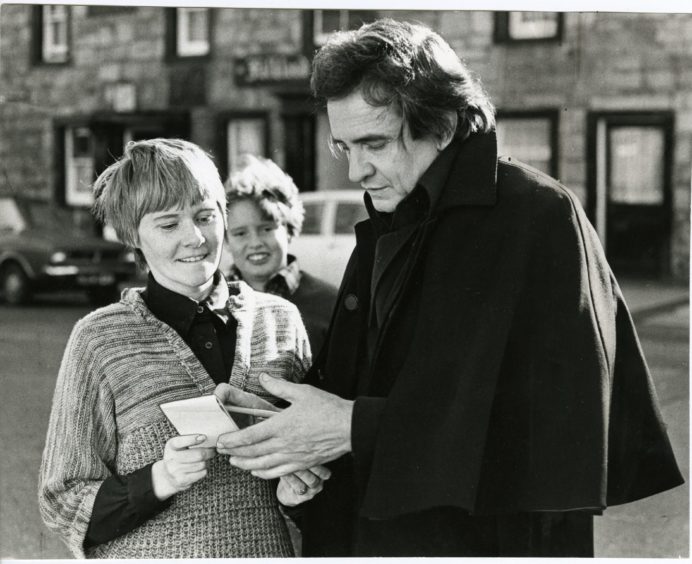
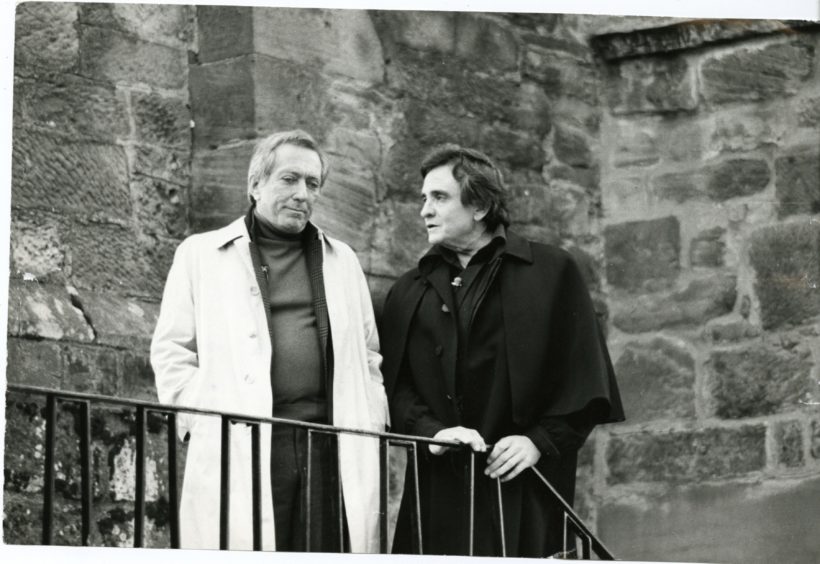
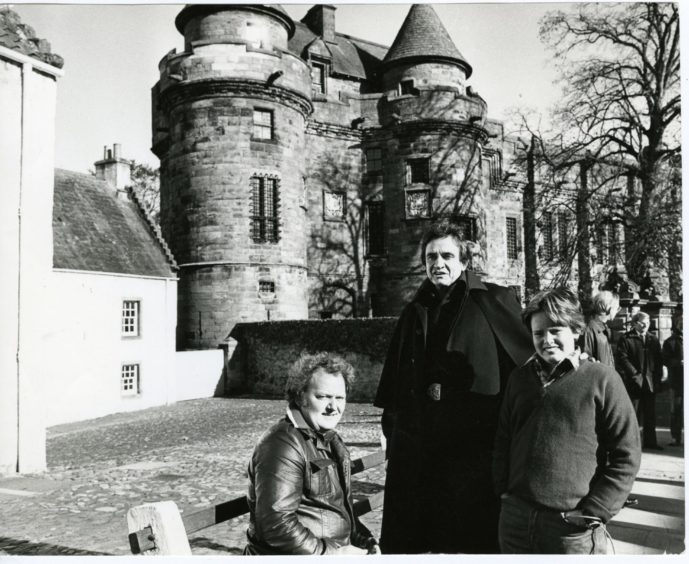
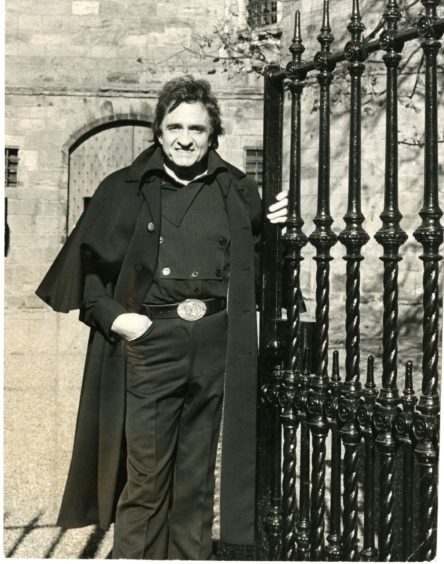
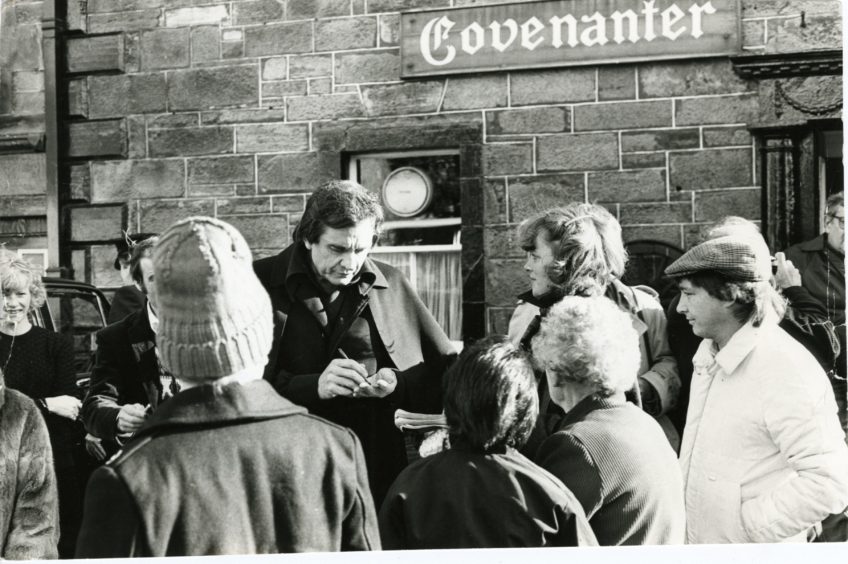
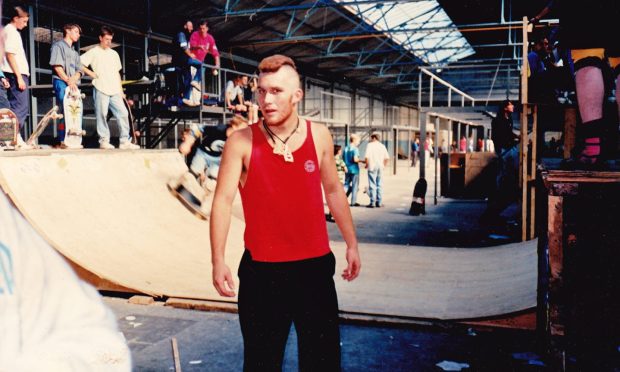
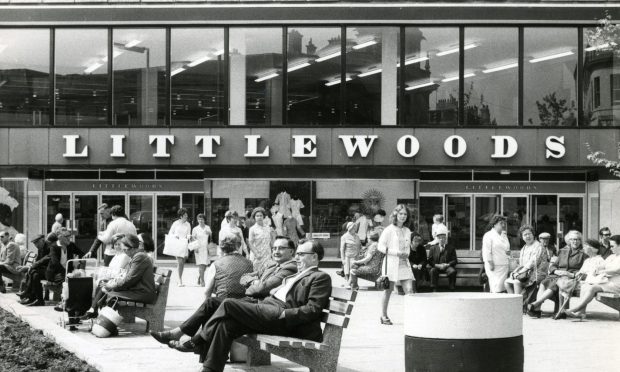
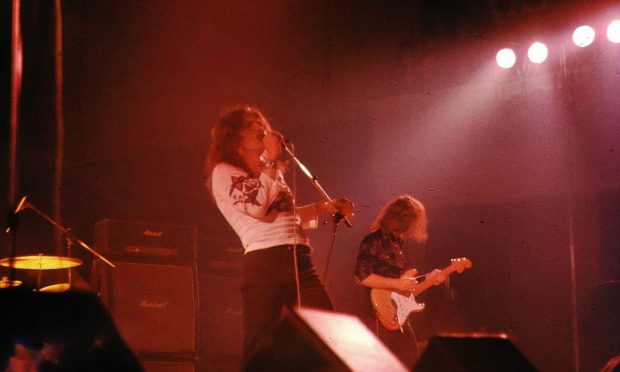
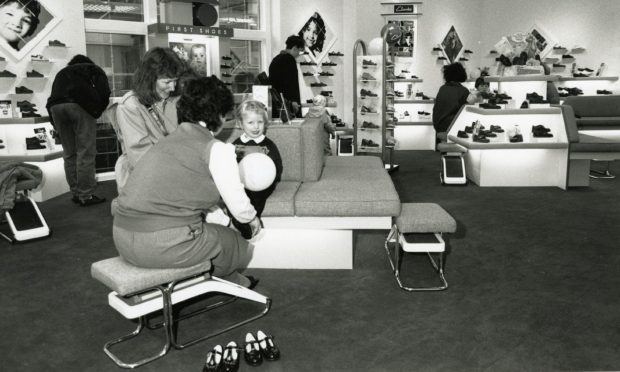
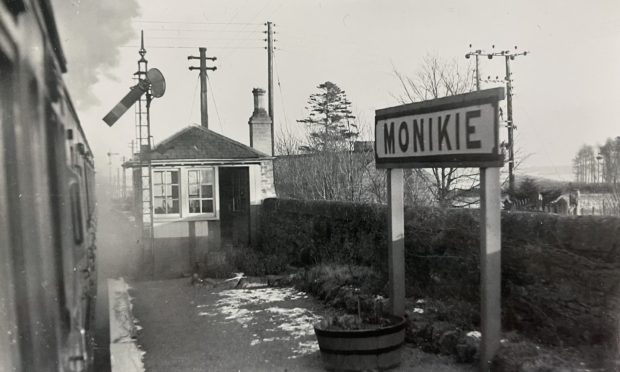
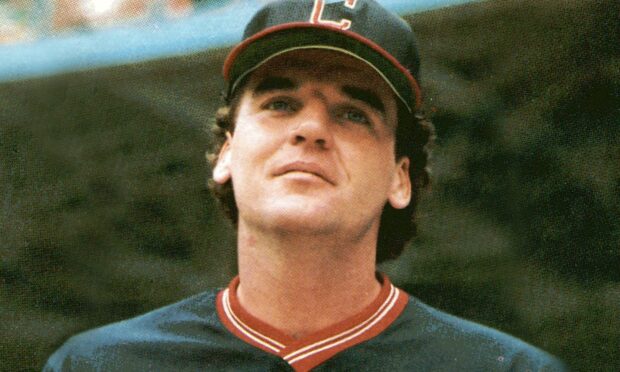
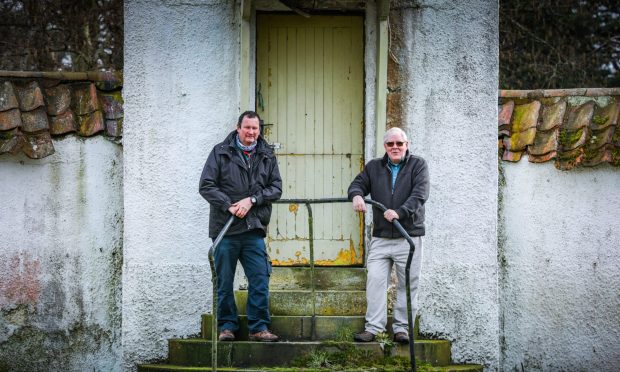
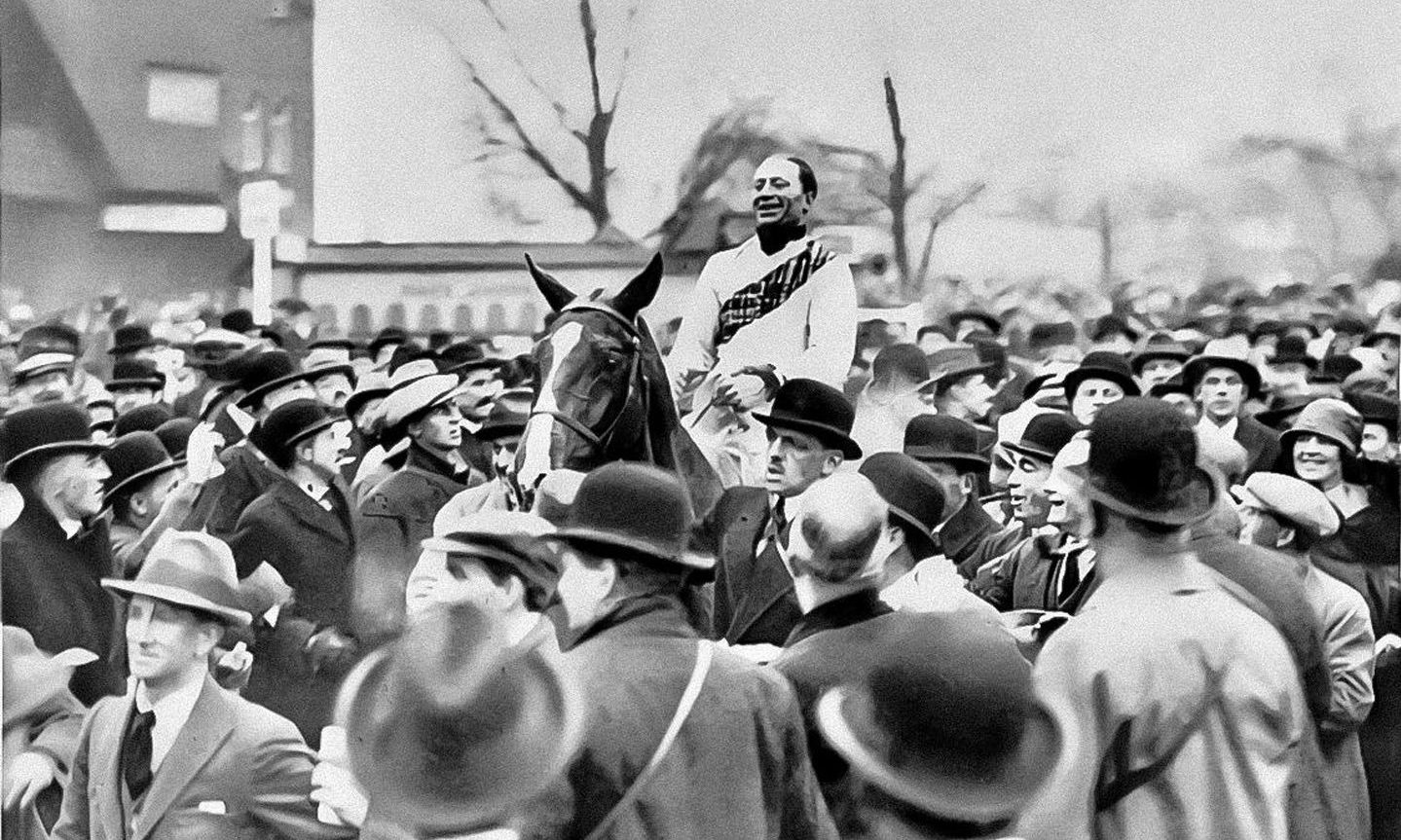
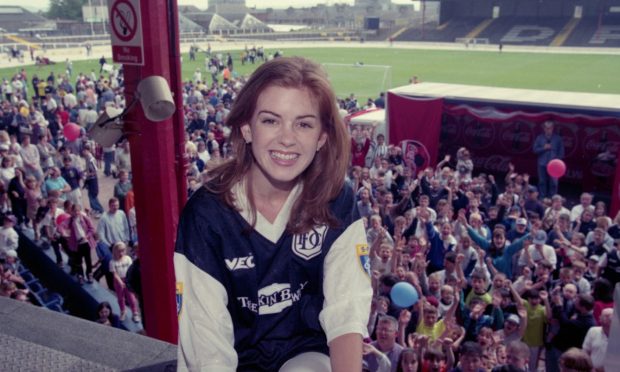
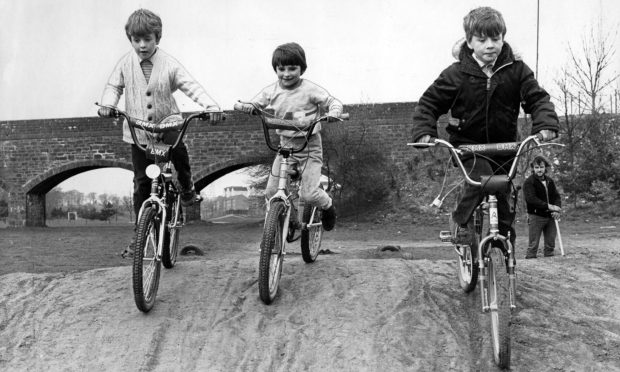
Conversation